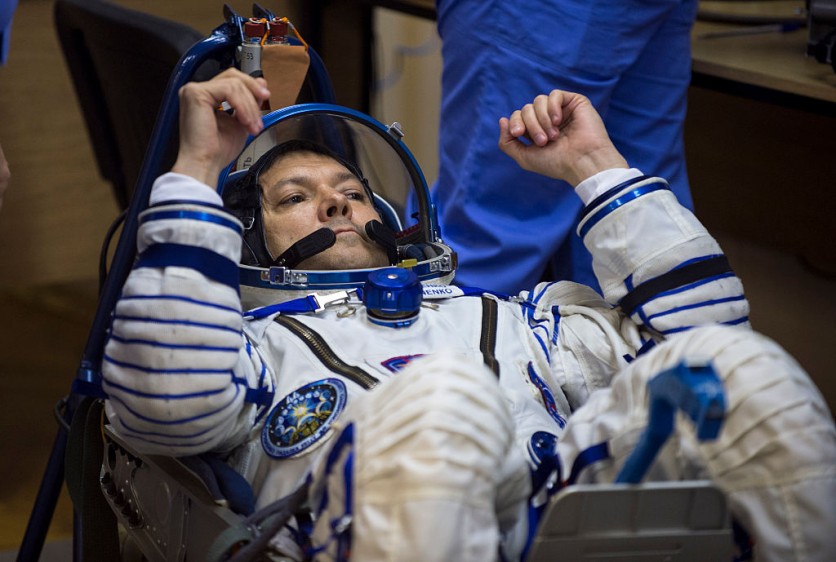Russian cosmonaut Oleg Kononenko is poised to etch his name in space history on Sunday as he surpasses the world record for the longest cumulative time spent in space.

BAIKONUR, KAZAKHSTAN - JULY 22: Expedition 44 Soyuz Commander Oleg Kononenko of the Russian Federal Space Agency (Roscosmos) has his Russian Sokol suit pressure checked in preparation for launch aboard the Soyuz TMA-17M spacecraft on Wednesday, July 22, 2015, at the Baikonur Cosmodrome in Kazakhstan.
Breaking World Record for Longest Time in Space
At 59 years old and currently on his fifth space mission, Kononenko will reach a total of 878 days, 11 hours, 29 minutes, and 49 seconds in orbit by 11:30:08 Moscow time. This achievement will eclipse the previous record held by his compatriot Gennady Padalka, who retired in 2017.
As the commander of the Roscosmos cosmonaut corps, Kononenko will continue to extend his record until September 23, marking his scheduled return to Earth after completing the ongoing expedition. By then, he will have accumulated a remarkable 1,110 days in space.
Kononenko achieved this milestone while orbiting 263 miles above Earth during his fifth space mission. From the International Space Station (ISS), Interesting Engineering reported that he remarked that he flew into space to do his favorite thing, and not to set records.
Expressing pride in holding the record for the total duration of human space stay, Kononenko, the commander of Roscosmos, stated that he is proud of all his achievements. But most of all, his record for the total duration of human stay in space is still held by a Russian cosmonaut.
Scheduled to conclude in late September, his current space mission will accumulate 1,110 days in space. Kononenko's journey into space began as an engineer, transitioning to cosmonaut training at the age of 34 within the ISS program. His inaugural space flight occurred in April 2008 and lasted for 200 days.
Missing Life Moments
The Guardian reported that Kononenko shared that despite staying connected through video calls and messaging during his space missions, the true impact of missing significant life moments hit him upon returning to Earth.
Enduring the emotional challenges, Kononenko expressed that the realization of missing significant life moments, especially the children growing up without a father during his absence, only fully struck upon returning home.
Despite these sentiments, he maintained a regular workout routine to mitigate the physical effects of weightlessness, affirming that he did not feel deprived or isolated.
Over the course of five space flights spanning 16 years, Kononenko witnessed the escalating complexity of the cosmonaut profession attributed to technological advancements.
He underscored that the increasing intricacy of systems and experiments had made the preparation more challenging, emphasizing that the profession had not become easier.
While the International Space Station stands as a symbol of collaboration between Washington and Moscow, Reuters reported that concerns about Russia's space program's reliability have arisen.
Challenges like recurring coolant leaks on the ISS and broader struggles within the Russian space sector raise questions about its ability to address funding shortages, failures, and corruption scandals.
Related Article : [LOOK] Russian Cosmonauts to Install Upgrades For the Robotic Arm Following Spacesuit Problem Weeks Ago

ⓒ 2026 TECHTIMES.com All rights reserved. Do not reproduce without permission.




